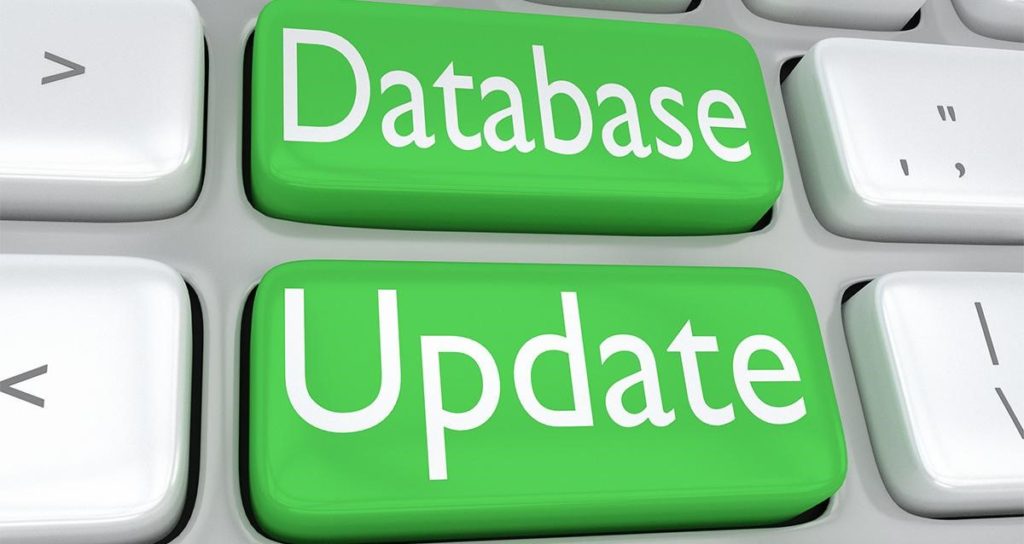If your business is to remain competitive in today’s dynamic digital landscape, you must utilize a suite of cutting-edge tech solutions.
Having a robust CRM system such as Salesforce is not enough. Several integrations are required to optimize your customer service, streamline your workflow, and increase your organizational productivity.
Integrating Salesforce with a robust ERP solution is highly recommended, especially if you aim to maximize your internal and external collaboration efforts. By connecting these critical tools and syncing their shared data, you will retain more control over your day-to-day business processes. This will allow you to plan proactively for future growth and, in turn, help you to deliver profitable results going forward.
Let’s take a closer look at Salesforce and ERP integration and explore the ways in which syncing these solutions can boost your company’s collaboration.
Key Functionalities of Salesforce ERP integration
Salesforce is an industry-leading CRM that consistently delivers exceptional customer experiences… but there’s still room for improvement.
In the ever-changing field of modern technology, there always is!
To maximize the collaborative features of Salesforce, you should consider augmenting this solution with an ERP system. Undergoing this integration process will significantly improve the flow of communication shared by your customer service representatives, sales team members, supply chain management employees, and the other individuals that make up your dispersed workforce.
CRM and ERP integration will help you to create a collaborative company culture. Seamless communication protocols will be promoted across the board, thereby eliminating the reporting bottlenecks that have most likely delayed your operations in the past.
This optimized interdepartmental communication will be facilitated through the following functionalities:
Account and Contact Information Integration
CRM and ERP solutions are both capable of storing customer information. Typically, CRM systems such as Salesforce are designed to hone in on sales and lead generation data, whereas ERPs focus more on billing and invoicing data.
Problems can arise when all of this crucial information is stored in different places, one of the most common and potentially damaging being inconsistent customer profiling.
You require access to complete customer profiles compiled of accurate information. Having this data at hand will allow you to refine your marketing messages, enhance your user experiences, and ultimately meet your exact consumer specifications in a targeted and tailored manner.
ERP systems that integrate with Salesforce eradicate the problems caused by dispersed customer data. The account and contact information integration functionality will allow you to transfer data freely between your CRM and ERP platforms. A secure, synchronous two-way data enablement process will be initiated, allowing you to update your customer information in one centralized platform rather than two separate ones.
Quote and Order Management Synchronization

Executing accurate quotes and orders isn’t an easy task at the best of times, and it’s made even more difficult when you have to move back and forth between your Salesforce CRM and an external ERP platform.
Creating order proposals in your CRM and then switching to your ERP to track and execute your quotes is time-consuming. In today’s fast-paced digital environment, you require solutions that enable quick and seamless system transitions. Anything less, and you will be liable to incur substantial brand, productivity, and profit damage.
Salesforce ERP integration will provide you and your team members with synchronized status, inventory, and invoicing visibility from the moment you generate a quote to the moment you fulfil the impending order. Crucially, having access to this level of transparency will allow you to provide your customers with timely updates regarding the orders they place with you.
Why Augment Salesforce with an ERP Platform
Salesforce ERP integration offers a plethora of benefits to all manner of organizations in a host of different industries. By unifying information platforms and reducing data entry requirements, this augmented tech stack assists businesses of all shapes and sizes to streamline entire operations.
Imagine, for example, that a manufacturing plant is wasting time and, more importantly, money on an inefficient workstream that is blighted by incoherent communication.
With an integrated CRM-ERP stack at their disposal, the plant’s item developers, supply chain facilitators, and order dispatchers will be afforded direct access to a centralized collaboration system. This unified data platform will grant each team member real-time access to the latest updates regarding both their individual and collective work orders. From order issuing right the way through to invoice collection, the workforce will be kept abreast of all the tasks that need to be completed to facilitate a seamless manufacturing process.
The optimized collaboration enabled by Salesforce ERP integration streamlines the shared dialogue between dispersed employees. This allows them to pinpoint potential pain points in their shared workflow collectively, in turn increasing the likelihood of them providing their consumers with a polished and proficient level of service.
Streamline the Augmentation Process with Salesforce Custom Integration Assistance
If you want to take your usage of Salesforce to the next level, you should seriously consider integrating it with either a new or existing enterprise resource planning system.
From efficiency to advertising to communication and beyond, CRM-ERP synchronization is proven to improve several key business processes. Investing in this integration will enable you to automate your data management operation, it will help you enhance your decision-making, and it will ultimately aid you in your attempt to optimize your customer service.
When you decide to undergo this augmentation process, consider aligning yourself with a Salesforce custom integration expert. The right partner will have the skill set required to leverage the Salesforce API and connect it with internal and external databases. This specialist will augment your CRM with the accounting, cloud, and ERP platforms that you utilize daily.
Author Bio:
Dave Wood
Director of Global Sales for Retail and Supply Chain
Dave Wood is an industry expert within the supply chain and logistics technology landscape. He has worked at Chetu since 2013 and has since built a reputation as a thought-leader within the IT community. As the Director of Global Sales at Chetu, Dave plays a critical role in assisting companies with their supply chain, retail, marketing, and media related software projects. He offers commentary on changing tides within logistics and how inventory and warehouse management systems can propel all facets of retail and supply.



